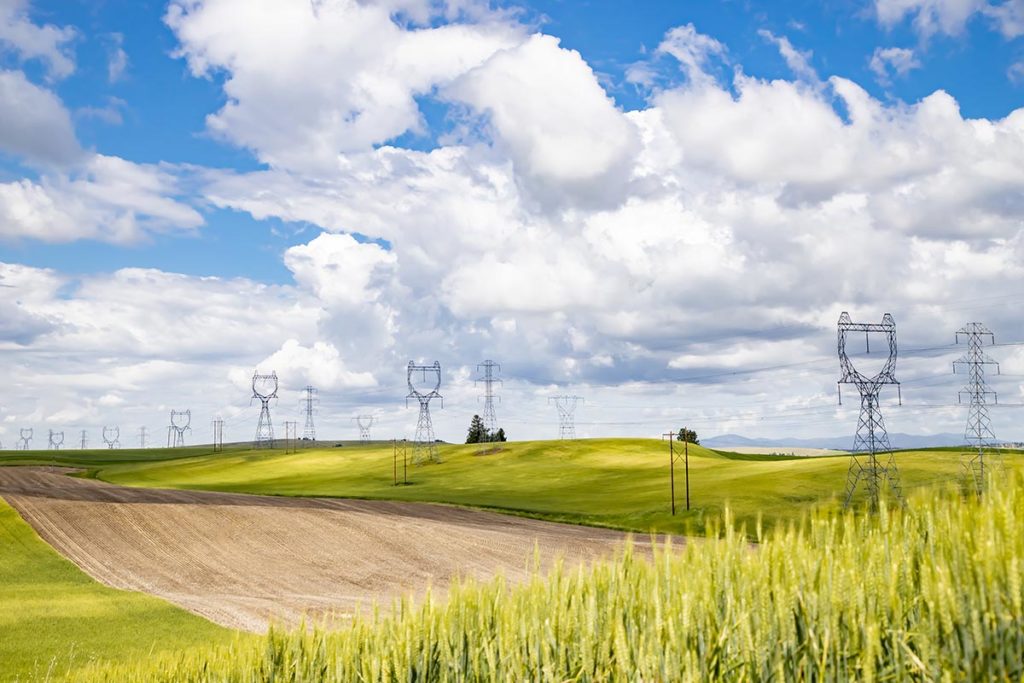
Transitioning to a lower-carbon electric grid will place electric reliability at risk unless there is sufficient always-available generation and infrastructure to support the nation’s growing electricity demand, NRECA CEO Jim Matheson said at a Sept. 30 press briefing held by the United States Energy Association.
“We’ve been very firm as a national association that the notion of the electric sector hitting zero net carbon emissions by 2035 can’t happen without severely compromising the reliability of the electric grid,” Matheson said at the USEA virtual event.
With demand for power sharply increasing, always-available generation—nuclear, natural gas or coal—must remain essential elements of the generation portfolio to ensure a reliable and affordable electricity supply. Intermittent renewables alone will not get the job done, he said.
“We’re concerned about reliability,” Matheson said. “You need to have always available, dispatchable resources to maintain the grid. It can’t be 100% intermediate resources and work.”
In addition, substantially more time will be required to build transmission and other infrastructure to tap low-emission energy resources, he said.
“Siting a transmission line is really difficult,” he said.
Matheson praised Congress for its recent passage of the Inflation Reduction Act with direct-pay incentives and the 2021 infrastructure law with funding provisions that will provide “significant opportunities for electric cooperatives to access funds to make real investments in their systems.”
“These pieces of legislation have helped level the playing field and given cooperatives more opportunity,” he said.
David Naylor, president of Rayburn Country Electric Cooperative, a generation and transmission wholesaler based in Rockwall, Texas, also participated in the USEA event and underscored that “our members drive a lot of what we do.”
“As we look to the transition, you know it’s about more than just the commodity itself,” Naylor said. “What’s that value proposition for that member, the consumer at the end of the line? Because that’s ultimately what drives us. We have to be able to show that we’re providing value to those folks.”
Cathy Cash is a staff writer for NRECA.